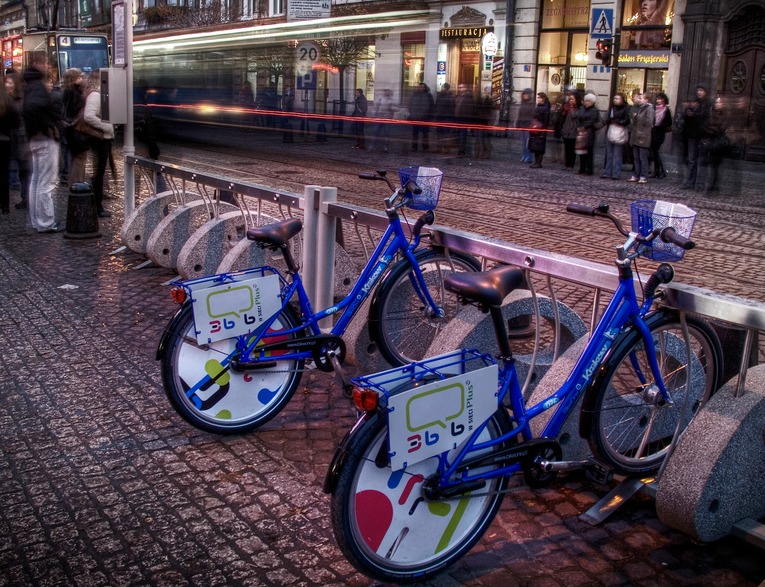As I write this Brian Eister is on the 27th day of a water-only climate hunger strike outside the American Petroleum Institute in Washington, D.C. The only thing he has consumed since April 1st is water, sodium and potassium.
Brian’s latest posts on his website, http://www.1future.net, report on both his continuing resolve but also the hunger and physical difficulties he is experiencing. On the 26th day he wrote, “The days are dragging on and hunger has become quite intense, but the sacrifice I am making here is modest. . .”
I know what he is going through. I have done three long hunger strikes of 25 or more days on water only. On the last two, one in 1992 and one in 2007, it was right around that time that my body began telling me that I needed to do one of two things if I was not to put myself at greater risk: slow down and use even less energy than I’d been using up to that point, or consume something that had calories.
On the 1992 one I slowed down and stayed on water-only, ending the fast with about a dozen others after 42 days. The purpose of it was to call attention to the need for US society to finally turn away from what Christopher Columbus set in motion 500 years before–the destruction of the ecosystem and the decimation of the Indigenous peoples of what is now called the Americas.
On the 2007 one, a climate emergency fast similar to Brian’s, I decided to go onto liquids after 25 days and, for the next 82 days, consumed fruit and vegetable juices and liquid-only soups and broths.
When I heard about Brian’s planned hunger strike several months ago, I seriously considered joining it but ending up deciding that it wasn’t the right thing for me to do at this time. But I support Brian and know that what he is doing is an important contribution to the process of building the kind of climate movement that has a fighting chance of making a renewable energy revolution in enough time to prevent runaway climate catastrophe.
“I am on hunger strike,” Brian writes, “because I can think of no action which could adequately express the urgency of humanity’s present situation. There are more than a few trends which, left unchecked, are likely to make life impossibly difficult for future generations. Global Warming, of course, seems to be the one that we have the least time to fix. Given the urgency of what is coming, every one of our lives should, first and foremost, be dedicated to preventing this coming catastrophe.”
I’ve recently read Proof of Heaven, a book which has been at the top of the New York Times Best Seller list for 25 weeks. It is written by a prominent, formerly non-religious brain surgeon, Eben Alexander, who nearly died in 2008 of an acute form of meningitis. During his seven days in a coma, he experienced what can only be described as an other-worldly, Heaven experience, and it changed his life.
In the book Alexander has an incisive quote which, I would say, helps to place what Brian is doing in its proper context:
“For all of the successes of Western civilization, the world has paid a dear price in terms of the most crucial component of existence—our human spirit. The shadow side of high technology—modern warfare and thoughtless homicide and suicide, urban blight, ecological mayhem, cataclysmic climate change, polarization of economic resources—is bad enough. Much worse, our focus on exponential progress in science and technology has left many of us relatively bereft in the realm of meaning and joy, and of knowing how our lives fit into the grand scheme of existence for all eternity.”
Fasting for more than a few days is one of the most effective ways, from my experience, to connect with what is most important in this world, and it definitely isn’t money and power. It is a way to develop one’s spiritual resources and resolve in the face of what often seem like very long odds.
Each of us as individuals will be strengthened if we take time to think about Brian’s sacrifice. We should reflect upon how we can speak up and take action beyond our current comfort level, at a level commensurate with the seriousness of the climate crisis.


